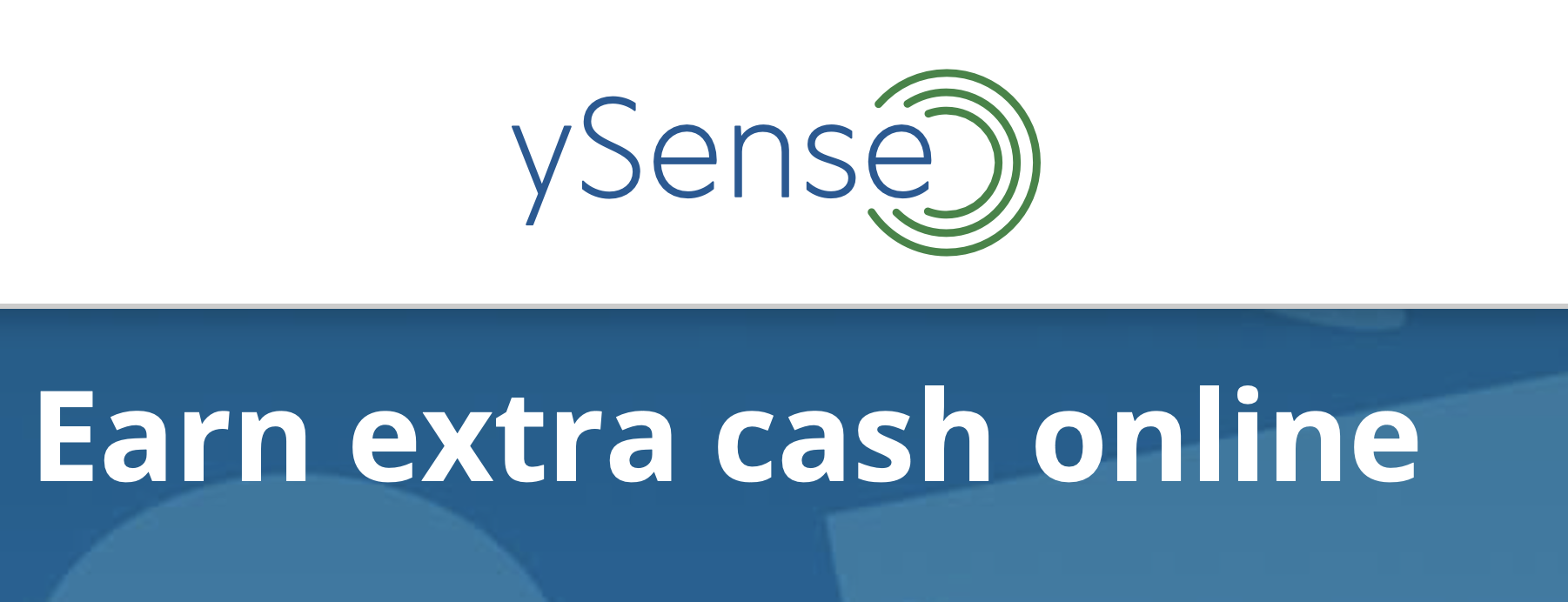When you’re in the process of buying a home, you’ll likely encounter the term “escrow.” But what exactly is escrow in mortgages, and how does it affect your homeownership experience? In this post, we’ll unravel the concept of escrow, its role in the mortgage process, and how it contributes to financial security for both homebuyers and lenders.
What is Escrow in Mortgages?
Escrow is a financial arrangement designed to protect the interests of both the homebuyer and the lender during the home purchase process. It serves as a secure and neutral third-party account that temporarily holds funds, such as the down payment, taxes, and insurance premiums, until specific conditions are met.
The Role of Escrow
- Safeguarding Funds: Escrow accounts are established to hold funds related to the home purchase. This includes the earnest money deposit, which demonstrates the buyer’s commitment to the sale, as well as the down payment, property taxes, and insurance premiums.
- Protecting Both Parties: Escrow accounts provide a layer of security for both the buyer and the lender. They ensure that the buyer fulfills their financial obligations, such as paying property taxes and insurance, while also guaranteeing that the lender receives their mortgage payments.
- Managing Payments: On a recurring basis, the funds held in the escrow account are used to pay property taxes, homeowners’ insurance, and, in some cases, mortgage insurance premiums. The escrow account ensures that these essential payments are made promptly.
How Escrow Works
- Initial Deposit: When you make an offer on a home, you’ll typically provide an earnest money deposit. This deposit demonstrates your commitment to the purchase and is held in escrow until the sale is finalized.
- Monthly Payments: As part of your monthly mortgage payment, a portion of your property taxes and homeowners’ insurance premiums are allocated to the escrow account. The lender, in turn, makes these payments on your behalf when they come due.
- Escrow Analysis: Periodically, the lender will perform an escrow analysis to ensure that the account has sufficient funds to cover tax and insurance expenses. If there’s a shortfall, your monthly payments may be adjusted to make up the difference.
Advantages of Escrow
- Financial Peace of Mind: Escrow accounts help homeowners budget for property taxes and insurance premiums by spreading these costs throughout the year. This prevents the need for large, lump-sum payments.
- Responsibility Assurance: The lender’s oversight of the escrow account ensures that essential payments are made on time, safeguarding the property and maintaining the homeowner’s insurance coverage.
- Reduced Stress: Knowing that your financial obligations are being managed by the lender can reduce stress and simplify your financial responsibilities.
Considerations
While escrow accounts offer numerous benefits, it’s essential to be aware of potential challenges, such as adjustments in your monthly payments due to tax or insurance rate changes. It’s advisable to carefully review your escrow statements and communicate with your lender if you have any concerns or questions.
Try Escrow in Mortgage?
Escrow in mortgages is a financial arrangement that enhances financial security for both homebuyers and lenders. By holding funds for property taxes, insurance premiums, and other expenses, escrow accounts ensure that essential payments are made on time and that homeowners can budget with peace of mind. Understanding how escrow works and its role in the home purchase process is a vital part of your homeownership journey.




